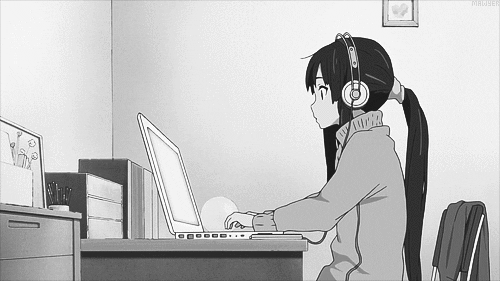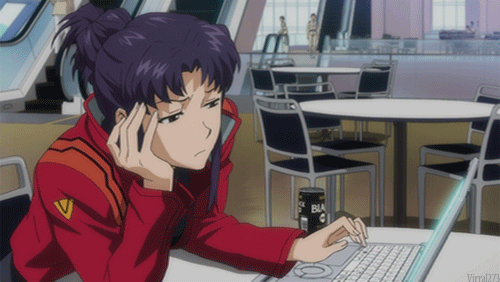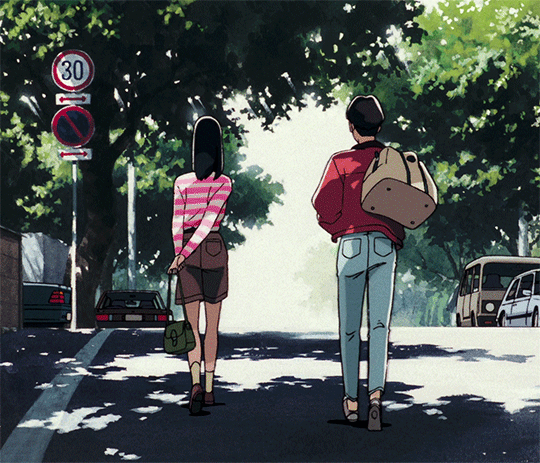I’ll admit one of the things that’s been worrying me about the new version of Theadia is that with the new scenes, I sometimes feel like I’m putting in filler. I know I’m not; I’m putting these new scenes in for reasons that will become clear further into the story. Thing is, some of these reasons are a bit, er, vague at the moment because I don’t have a crystal clear idea of how to reveal these plot points.
Then there are the moments where I’m being super patient with the low word count and pushing through, and somehow a shining bit of plot clarity pops in. That aha! moment, so to speak. I’ve just had a few of them over the last couple of days, in which I somehow backed myself into the exact spot the scene needed to be in.
Those are some of my favorite moments in writing, to be honest. It’s the pay-off for all the hard work and the frustration, where I suddenly see all the threads being woven together at once. That happened a lot with the Bridgetown trilogy and is happening here as well.
So I just need to remind myself to remain patient and vigilant, and all will make sense eventually.











